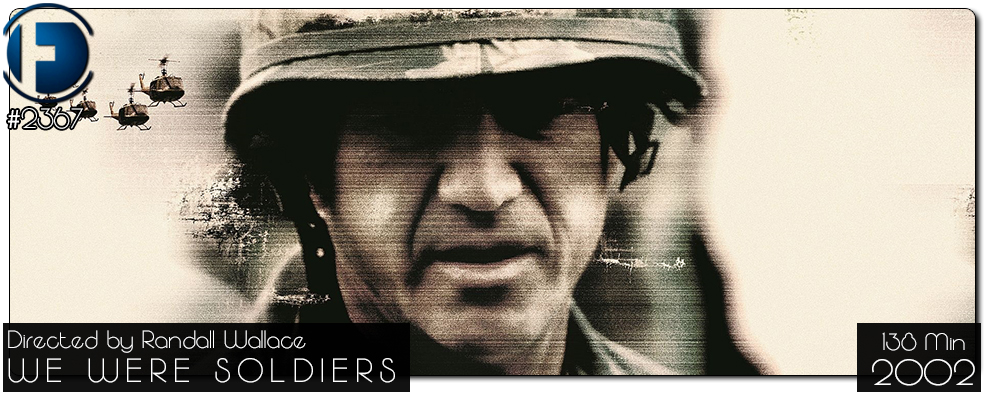Movie Review – We Were Soldiers
Principal Cast : Mel Gibson, Madeleine Stowe, Greg Kinnear, Sam Elliot, Chris Klein, Keri Russell, Barry Pepper, Do’n Duong, Ryan Hurst, Robert Bagnell, Marc Blucas, Josh Daugherty, Jsu Garcia, Clark Gregg, Jon Hamm, Blake Heron, Dylan Walsh.
Synopsis: The story of the first major battle of the American phase of the Vietnam War, and the soldiers on both sides that fought it, while their wives wait nervously and anxiously at home for the good news or the bad news.
********
We Were Soldiers directed by Randall Wallace and based on the book We Were Soldiers Once… And Young by Lieutenant General Harold G. Moore and journalist Joseph L. Galloway, stands as a poignant testament to the courage, sacrifice, and resilience of those who served during one of the most harrowing conflicts in American military history. Randall Wallace, known for his ability to blend gripping narratives with profound emotional depth, delivers a tour de force with We Were Soldiers. The film masterfully captures the brutal realities of the Vietnam War’s Battle of Ia Drang with unflinching realism, yet still imbues it with a profound humanistic element that contrasts sublimely with the depiction of wartime combat.
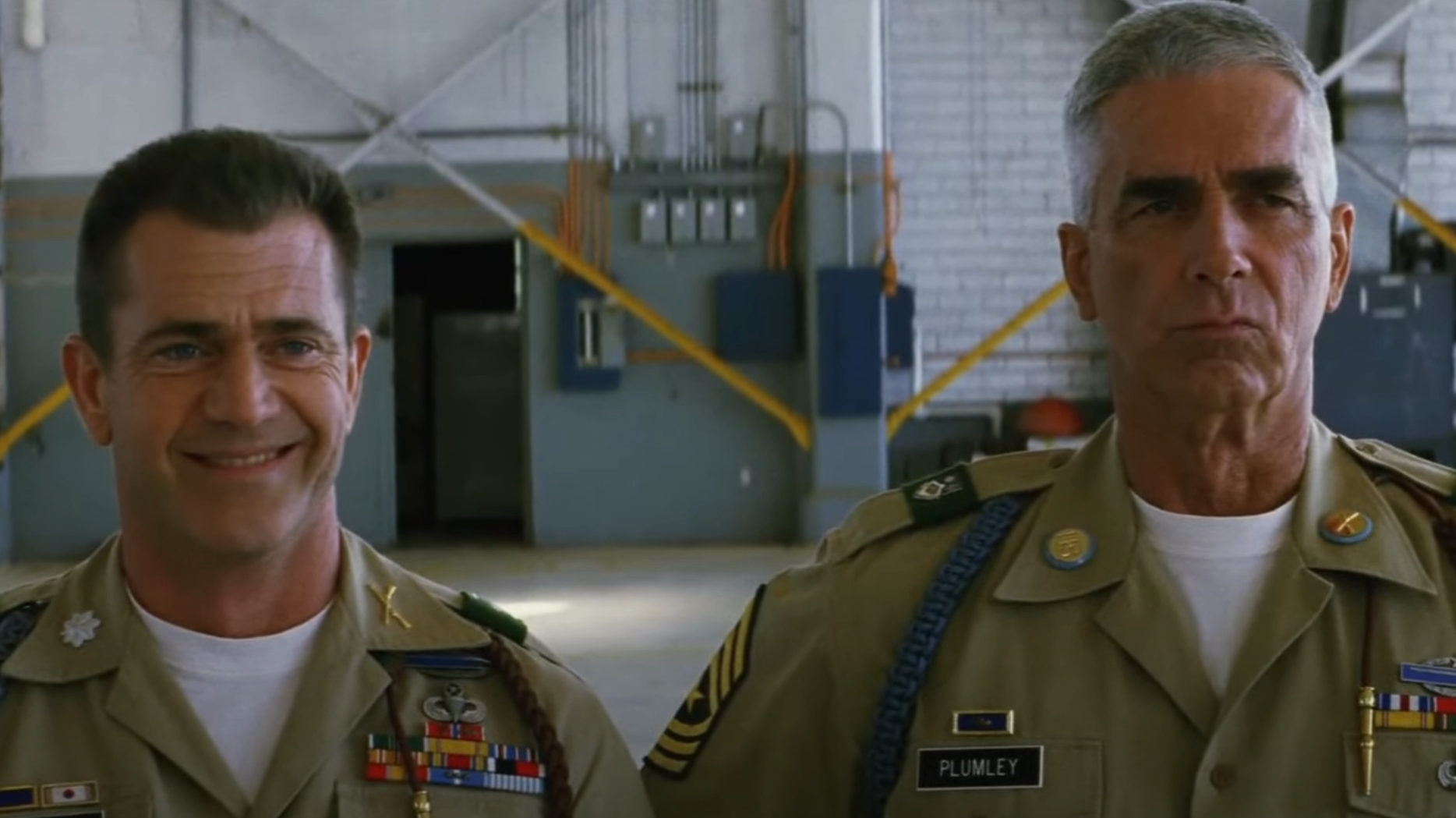
We Were Soldiers follows Lieutenant Colonel Hal Moore (Mel Gibson) and his battalion as they engage in the first major battle of the Vietnam War, the Battle of Ia Drang. Deployed into the treacherous Ia Drang Valley, Moore and his men, including Sgt Major Basil Plumley (Sam Elliott) and rookie 2nd Lt Jack Geoghegan (Chris Klein), face overwhelming numbers of North Vietnamese forces. Meanwhile, on the home front, Moore’s wife, Julie (Madeleine Stowe), and Jack’s wife Barbara (Keri Russell) support other military wives anxiously awaiting news of their loved ones. Journalist Joseph Galloway (Barry Pepper) documents the harrowing battle, highlighting the human cost of war.
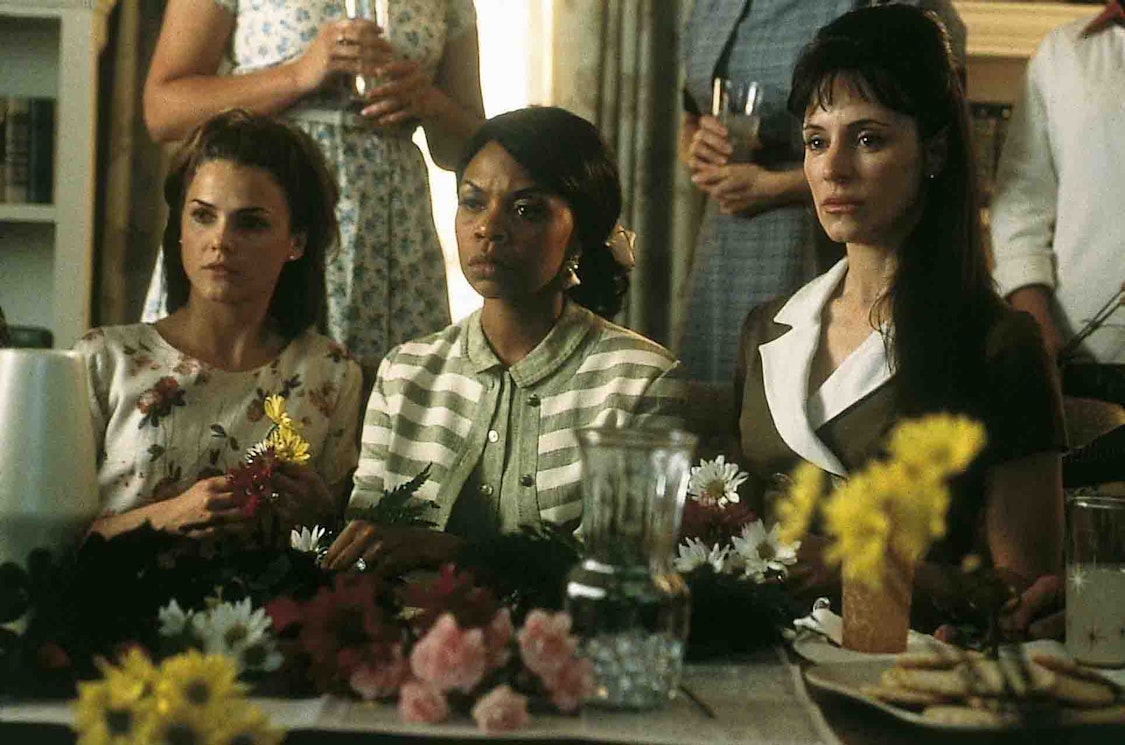
Undoubtedly the heart of the film is Hal Moore, portrayed with unwavering ferocity and and subtle vulnerability by Mel Gibson. Gibson’s performance is nothing short of extraordinary; he embodies Moore’s stoic leadership and devotion to his soldiers, balanced with a deep moral compass and compassion for those under his command. Through Gibson’s portrayal, Moore emerges not just as a military leader but as a figure of immense integrity and humanity, making the audience acutely feel the weight of his decisions and the bonds forged in the heat of battle. Supporting Gibson is a stellar ensemble cast that includes Greg Kinnear as Major Bruce Crandall, Barry Pepper as Joe Galloway, and Sam Elliott as Sergeant Major Basil Plumley. Elliott in particular is the equal to Gibson’s Moore, a veteran of combat and man-management who is as honourable and pragmatic as that of his superior.
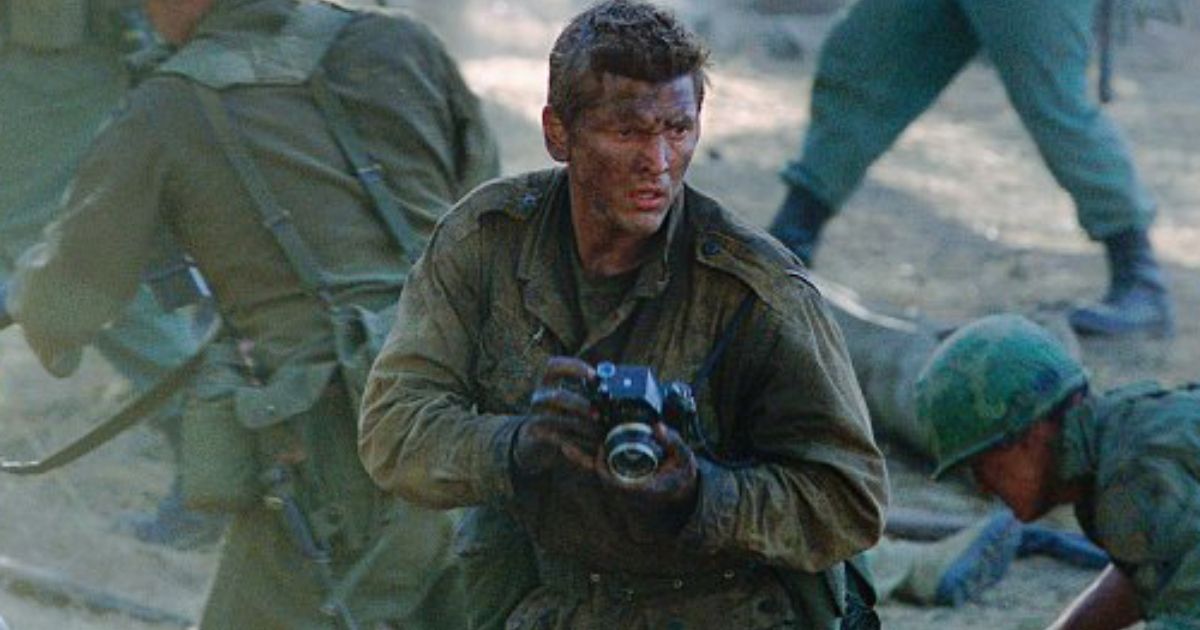
Wallace’s direction is marked by its cinematic grandeur and meticulous attention to detail. The battle sequences are visceral and intense, yet the director ensures they serve not just as spectacles of war but as vehicles for exploring themes of bravery, sacrifice, and the human spirit under fire. The cinematography by Dean Semler captures both the stark beauty of the Vietnamese landscape and the chaotic horror of battle, evoking a range of emotions from awe to heartache. What elevates We Were Soldiers beyond its genre conventions is its profound respect for its subject matter and its dedication to portraying the complexities of war without glorification. it’s horrific, terrifying, and beautiful in equal measure, a tapestry of the unholy horror inflicted on innocent men during times of conflict. It honours the soldiers who fought and died in Vietnam, giving voice to their experiences and illustrating the toll that war exacts on individuals, families, and communities.
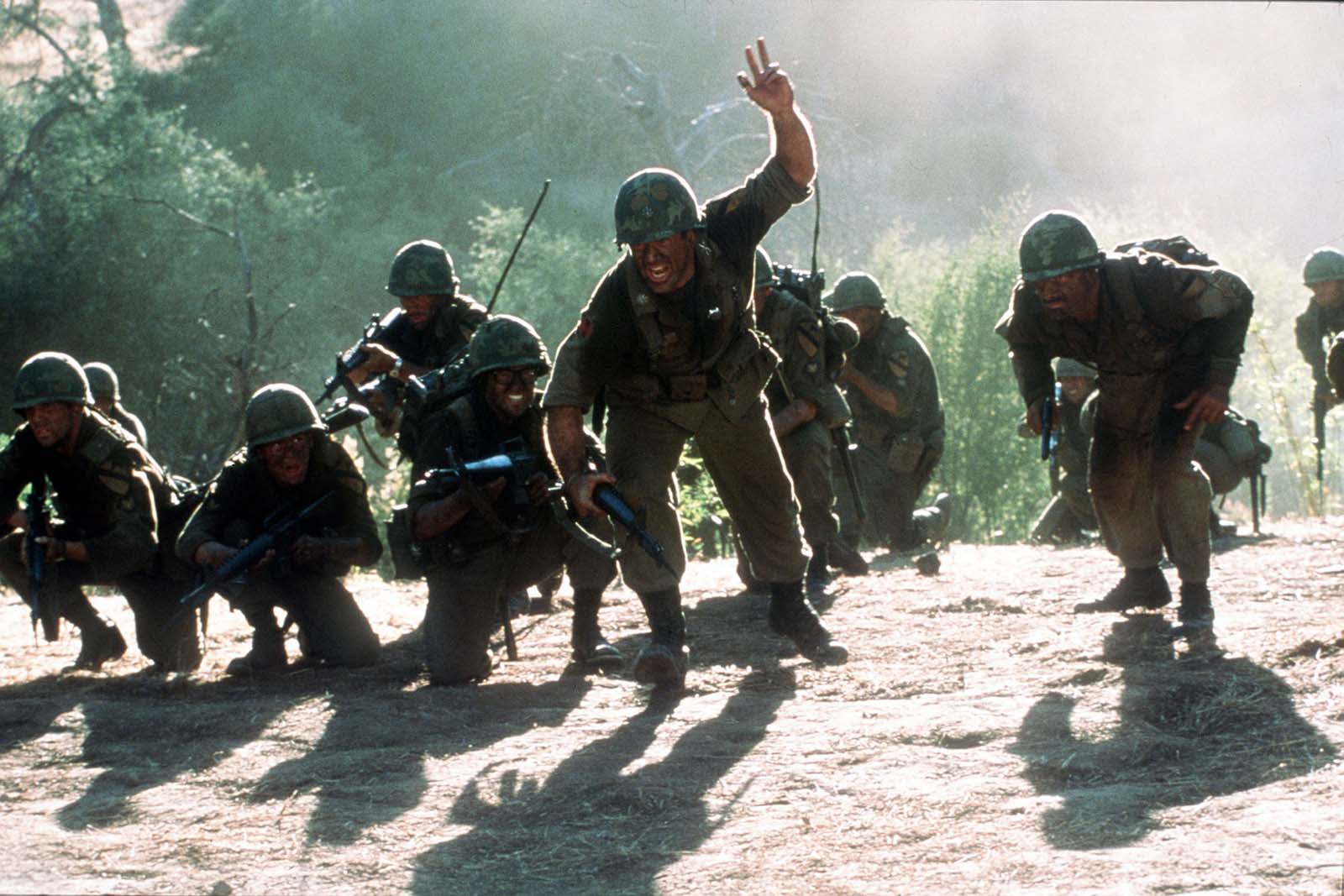
We Were Soldiers is a cinematic tour-de-force that resonates on multiple levels. It is a testament to the courage and sacrifice of those who served, a tribute to the power of leadership and camaraderie in the face of adversity, and a poignant exploration of the human cost of war. Randall Wallace’s direction, coupled with Mel Gibson’s commanding performance and a stellar supporting cast, makes this film a powerful and deeply affecting cinematic experience.

